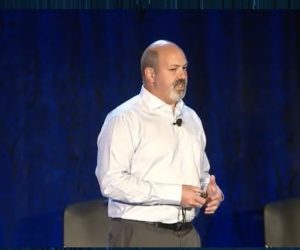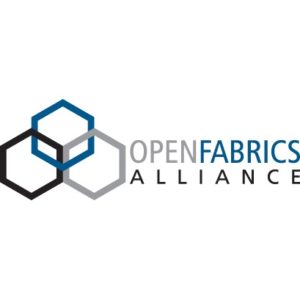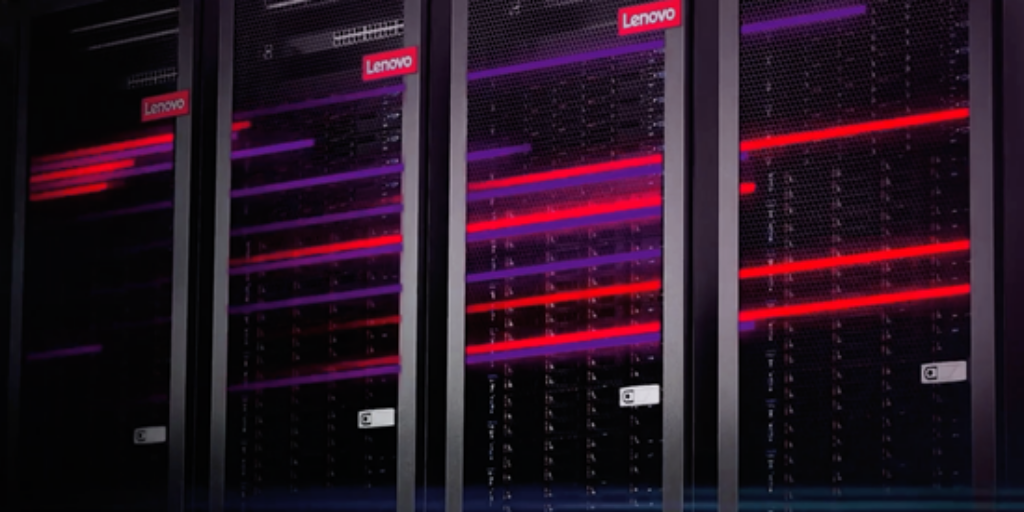
Bill Magro from Intel
In this video from the 2018 OpenFabrics Workshop, Bill Magro from Intel presents: Software Foundation for High-Performance Fabrics in the Cloud.
“Artificial Intelligence and High Performance Data Analytics workloads in the cloud are being fed by a deluge of data emanating from the Internet-connected population or people and things. Autonomous driving will deliver even more data to the cloud. Finally, High-Performance computing use is growing in the cloud. More and more cloud workloads now demand high performance from their fabrics, and these workloads are also imposing new requirements beyond those driven by traditional simulation and modeling. This talk highlights the broadening role of OpenFabrics, in general, and the Open Fabrics Interface, in particular, to rise to the challenge of meeting the emerging requirements and become the software foundation for high-performance cloud fabrics.”
 Bill Magro is an Intel Fellow and Chief Technologist for HPC at the company. He also leads the application development and runtime software environment for Aurora. Among his responsibilities are message-passing and high-performance fabric software, compilers, performance libraries, and application analyzers.
Bill Magro is an Intel Fellow and Chief Technologist for HPC at the company. He also leads the application development and runtime software environment for Aurora. Among his responsibilities are message-passing and high-performance fabric software, compilers, performance libraries, and application analyzers.
At Intel, Bill serves as the technical lead and strategist for Intel’s high performance computing and workstation software and provides technical computing software requirements for Intel product roadmaps. He joined Intel in 2000 as director of the Parallel Applications Center, where he was responsible for enabling parallel applications to use Intel’s emerging multi-core technology. From 2006 to 2010, he served as director of high performance computing software solutions and led Intel’s efforts in HPC software products. Bill’s work in HPC and parallel computing has earned him two Intel Achievement Awards.
Before joining Intel he was with Kuck & Associates (KAI), which was focused on building industry-standard optimizing compilers to exploit parallelism. KAI was acquired by Intel and Bill became an Intel employee. A recognized expert in HPC, he has authored numerous articles published in technical and academic journals and holds six patents, with another five patents pending. Bill holds a bachelor’s degree in applied and engineering physics from Cornell University and a master’s degree and Ph.D. in physics from the University of Illinois at Urbana-Champaign.




